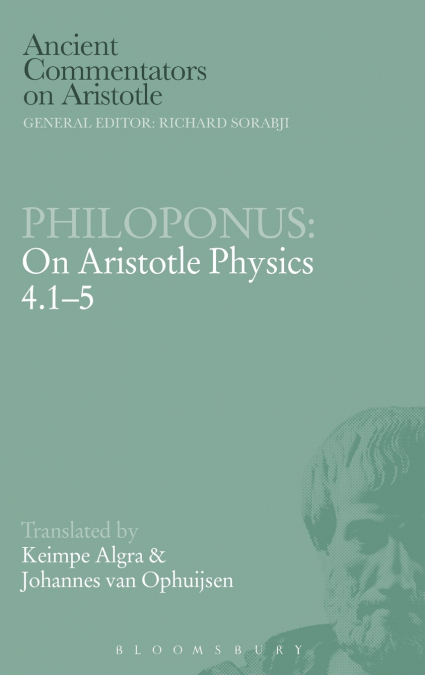
Johannes Van Ophuijsen / Keimpe Algra
Aristotle’s account of place, in which he defined a thing’s place as the inner surface of its nearest immobile container, was supported by the Latin Middle Ages, even 1600 years after his death, though it had not convinced many ancient Greek philosophers. The sixth century commentator Philoponus took a more commonsense view. For him, place was an immobile three-dimensional extension, whose essence did not preclude its being empty, even if for other reasons it had always to be filled with body. However, Philoponus reserved his own definition for an excursus, already translated in this series, The Corollary on Place. In the text translated here he wanted instead to explain Aristotle’s view to elementary students. The recent conjecture that he wished to attract young fellow-Christians away from the official pagan professor of philosophy in Alexandria has the merit of explaining why he expounds Aristotle here, rather than attacking him. But he still puts the students through their paces, for example when discussing Aristotle’s claim that place cannot be a body, or two bodies would coincide.